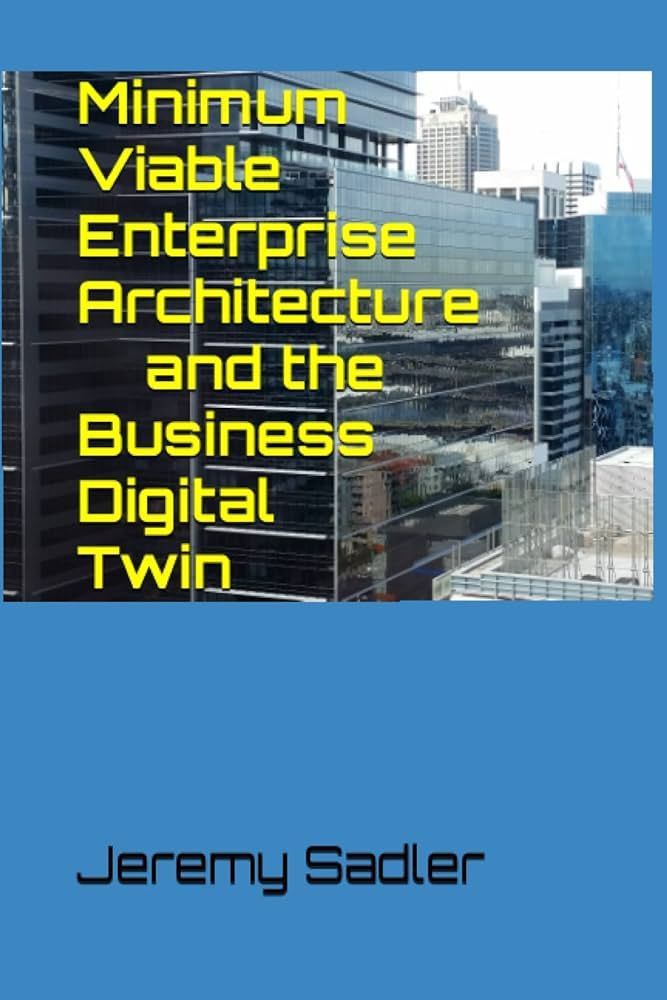Insight
The Leadership Blind Spot - Why Managers Struggle to Give (and Receive) Feedback
Feedback is a leadership buzzword - every company talks about it, every manager knows it’s important, and every employee expects it. Yet, in reality, feedback is often vague, sugar-coated, or completely avoided.
Leaders are told to give feedback regularly, but many struggle to do it effectively. And when the tables are turned, receiving feedback can be just as uncomfortable. But why? What makes something so essential to growth so difficult to master?
Let’s break down why feedback is a blind spot for so many leaders - and how to build a culture where it’s not just tolerated, but valued.
Why Leaders Struggle to Give Feedback
Most managers don’t avoid feedback because they don’t care - it’s because it’s uncomfortable. The reality is, giving honest feedback requires a mix of emotional intelligence, clarity, and courage.
Here’s why many leaders hesitate:
- Fear of conflict: Many managers worry that giving tough feedback will damage relationships or cause tension.
- Unclear expectations: If leadership hasn’t defined what “good” looks like, it’s hard to correct performance effectively.
- Lack of training: Just because someone is in a leadership role doesn’t mean they’ve been taught how to give feedback well.
- Time pressures: Quick check-ins replace structured conversations, meaning meaningful feedback often gets pushed aside.
But avoiding feedback doesn’t make problems disappear - it just delays the inevitable. Employees either stay in the dark about what’s expected, or they’re blindsided when issues become too big to ignore.
The Other Side: Why Leaders Struggle to Receive Feedback
Leadership comes with scrutiny, but let’s be honest - getting feedback as a leader can be just as challenging as giving it.
Why? Because:
❌ It feels personal. When feedback is directed at our leadership style, it can feel like an attack rather than an opportunity to improve.
❌ People hesitate to be honest. Employees often sugarcoat feedback to avoid upsetting leadership, which makes it difficult to get genuine insights.
❌ Leaders feel pressure to have all the answers. Accepting feedback means admitting there’s room for improvement, which some leaders see as a weakness (even though it’s not).
The best leaders aren’t the ones who pretend they have everything figured out - they’re the ones open to learning, adapting, and improving based on real input from their teams.
How to Build a Culture of Real Feedback
If leaders want genuine, actionable feedback to become part of the workplace culture, they need to lead by example. Here’s how:
1. Make Feedback a Habit, Not a One-Off
Annual reviews and formal meetings shouldn’t be the only time feedback is given. Regular, informal check-ins help normalise feedback and make it feel less intimidating.
📌 Tip: Try the "2-minute feedback rule" - if you notice something worth addressing, give feedback in the moment rather than waiting for a formal review.
2. Be Direct, But Supportive
Effective feedback is clear, specific, and focused on growth. Instead of saying, “You need to be better at communication,” say, “In meetings, I’ve noticed your points get lost because they’re quite detailed - let’s work on making them more concise for impact.”
📌 Tip: Focus on observations, not assumptions. Stick to what you’ve seen and heard rather than making it personal.
3. Model Receiving Feedback Well
If leaders shut down or get defensive when receiving feedback, employees will learn to keep their opinions to themselves.
📌
Tip: Try "Ask-Don't-Wait" feedback. Instead of waiting for people to offer insights, ask:
👉
“What’s one thing I could do differently to make our meetings more productive?”
👉
“What’s one thing I’m not seeing that I should be aware of?”
The more leaders show they value feedback, the more employees will feel comfortable offering it.
4. Make it Two-Way
If feedback only flows downward from leadership, employees will see it as criticism rather than a tool for improvement. Encourage a feedback culture where employees feel safe to share their thoughts openly.
📌 Tip: Introduce reverse feedback sessions - a dedicated space where employees give feedback to managers on leadership, communication, and workplace culture.
Feedback is a Leadership Superpower
The best leaders don’t just give feedback - they seek it, welcome it, and act on it. They make feedback part of everyday conversations rather than a formal, uncomfortable process.
By shifting feedback from a fear-based to a growth-based approach, businesses unlock a more engaged, high-performing workforce where people actually know where they stand - and how to get better.
So, the real question is: What’s stopping you from making feedback a strength in your leadership?
Share This Article
Recent Articles




Archive












